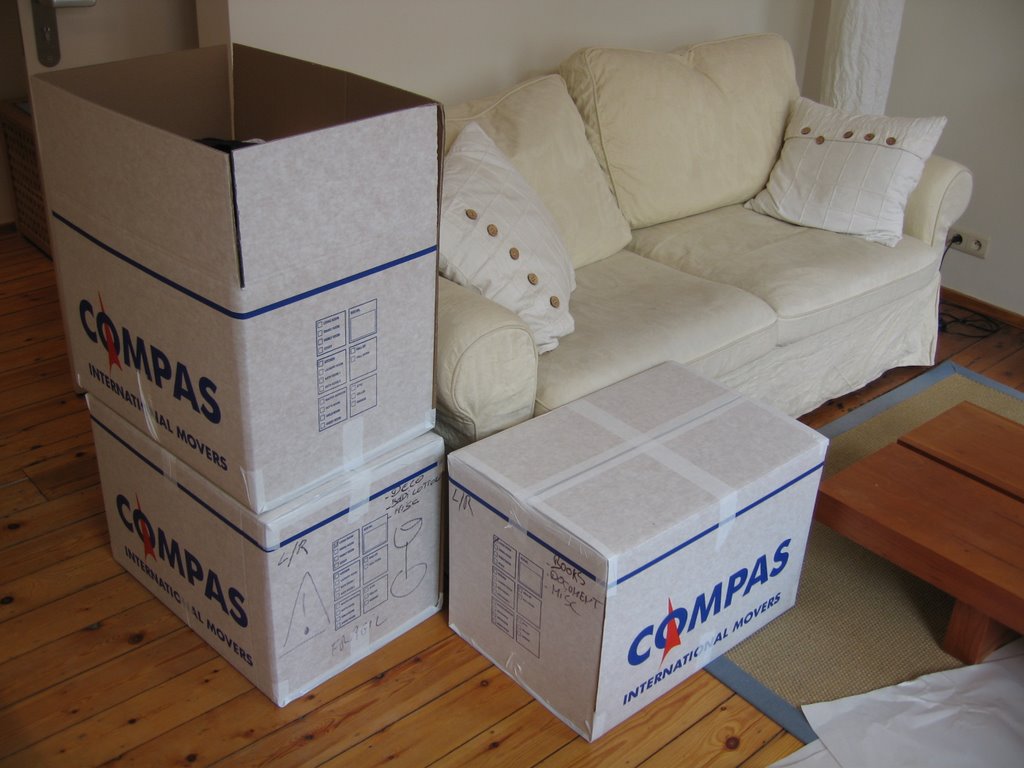A few weeks ago we got chided (chiding is a regular occurrence in our world) by the guy in change of a far more prominent personal finance blog that we occasionally contribute to.
A high school senior had a choice to make – a free ride at a demanding but obscure college, or full price ($40,000) at a heralded school in the Ivy minor League. Let’s call the first school Commuter University, and the latter Pretension College. She posted her dilemma on the site and asked commenters to weigh in.
Can you guess what people recommended? Here, we’ll do it in multiple-choice form:
__ Do whatever you think is best.
__ Either one is a good choice, there are pros and cons to both.
__ This is the time to live, not to think about financial considerations.
__ Have you thought about student loans?
__ Are you insane? Go to the school that’s offering the full scholarship.
The answers were evenly split among the first 4, with one vote for #5. You can probably guess whom.
#1 and #2 don’t even count as advice, but that doesn’t stop people from sharing their non-opinions. #3 and #4 are essentially the same (rotten) advice, which is to incur debt now and worry about the ramifications later.
The worst part is that she was going to study a hard science, too. Look, if you major in chemistry, it doesn’t really matter whether you do it at Duke or at the University of North Texas. It’s not going to impact your ability to get a job in your chosen field. Only those who employ non-scientists (sociologists, social workers, basically anything that starts with “soc-”, with the possible exception of soccer coaches) care that you went to a “prominent” school. A Harvard English degree might be more profitable than one from Cal-Santa Barbara, only because of that ridiculous concept called cachet. It’s not as if the professors at the former can inspire you to parse the meaning of Pilgrim’s Progress any better than those at the latter.
This girl was obviously bright enough to get the attention of multiple schools, but her financial acumen was the equivalent of a kindergartner’s. And along with the failure to make the obvious decision were a litany of excuses, most of them citing “life experiences” and other non-monetary considerations. Not that non-monetary considerations aren’t important in this life, but paying for college isn’t one of them. Knowing that you’re going to be incurring 4 years’ worth of student loans is like knowing that you’re going to have a gigantic credit card balance in 2015. Or knowing that you’re going to lose every game of chance you play. Or knowing that your house is going to lose $40,000 in value. The last three examples are somewhat subject to explanation, but the first one was a fixed cost that this woman gleefully embraced. The two birds in the bush are the primary motivating factors for many a young person who can’t see the giant California condor resting in her palm.
We finished our diatribe by asking an equivalent question with a slight twist, which no one (including the story’s protagonist) bothered to answer:
This time, it’s Pretension College that offers you the full scholarship. Meanwhile, Commuter University starts off your freshman orientation week by handing you a $40,000 check. Now which school do you prefer?
**This article is featured in the Carnival of Personal Finance #320-Plutus Awards Edition**





